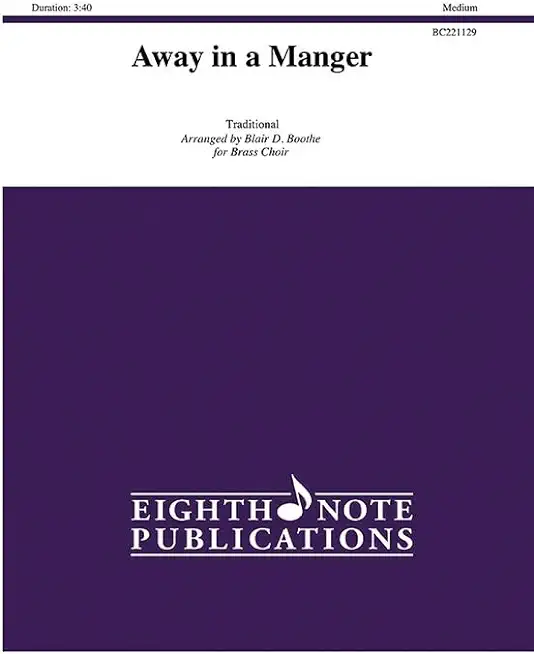
Schoenberg, Arnold
Perhaps more than any other composer of his time, Arnold Schoenberg (1874-1951) influenced the course of twentieth-century music. His compositional style moved progressively from lush, late Wagnerian chromaticism to a complete break with traditional tonality, later organized theoretically as "composition with twelve tones." This systematic control of all pitches evolved into a similar serialization of all of music's elements -- a revolutionary advance that dominated international composition through most of this century.
This edition of two of Schoenberg's most important orchestral works invites music lovers into the first steps of the revolution he helped bring about. The symphonic poem Pelleas und Melisande (1902), based on Maurice Maeterlinck's play, reveals Schoenberg's expanding chromatic language. The Five Orchestral Pieces (1909) demonstrates the composer's daring exploration of a music that renounces motivic connections as well as tonality. Both of these groundbreaking works are presented here in authoritative editions.







